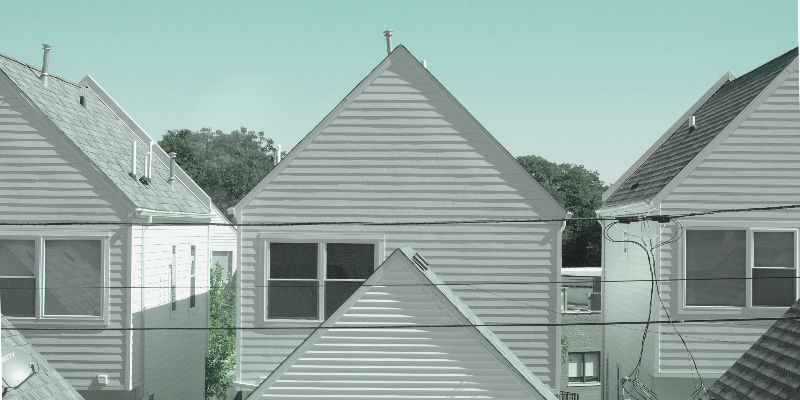David Shih on Missing His Father’s Death
"Although I’ve tried to own the fault entirely...I don’t think that take tells the whole story either."
When we lost my father that night in the hospital, it had been almost two weeks since a stroke dropped him flat in the house he had occupied for almost half his life and whose simple comforts he had pleaded with his family to return him to in his final days. It was a redbrick ranch, one of thousands churned out by a builder who marketed tract homes like Chevys to young families in the booming north Dallas suburbs of the seventies. Ours was the deluxe model of its modest line, which added a fourth bedroom and a wet bar, the latter an ironic choice given how seldom my parents entertained in later years. But they saw themselves differently in the world then, and this was their first house on any continent. Dad was almost forty-five years old when he could boast that he owned his own home—or that the “bank owned his own home,” a joke that he told in English and that never failed to kill among my immigrant relatives. Back then, my parents didn’t much resemble our neighbors but shared their optimism for the future, anchored by these homes that, even if not as stately or finely crafted as the custom numbers a few streets over, were at least as new as a morning star. For why would you uproot your people only to haunt a stranger’s old domain? The house, I know now, was a solution to the problem of apartments and a growing family, imperfect but durable, a concrete reminder of your blood commitments.
Dad was like that with adversity. How he solved a problem may not have been ideal, but the option of doing nothing never occurred to him. The bank saddled my parents with a usurious mortgage, but we three kids at last had our own bedrooms, so exotic a setup at first that my older sister, Selma, and I, used to idly chatting at lights out, now took turns shouting at the thin drywall between us. When I was a teenager, Dad still did chores like mowing the lawn, because he didn’t want to wait for me to wake up. He also spoiled me to the limit of his means, which, even as a child, I knew had to do with being Chinese. None of his three younger brothers had a son, and Dad welcomed their deference and jealousy when, out of the blue, one of them would grin at him and begin to chant, “First-born son, first-born son,” clapping me hard on the shoulder with each syllable. I was the solution to another problem, one inherited like a debt: that of maintaining the family line.
The only problem my father didn’t attend to with any urgency was his health. He hated going to the doctor and rarely did before he was eligible for Medicare. After he was diagnosed with type 2 diabetes at age sixty-nine, however, he was good about the maintenance. Over the Thanksgiving holiday that year, on my annual return to the house, he trailed me from room to room, waving his lancet and clamoring to test my blood, but I refused.
Because of his health and what I meant to him, you would have expected me to beat a path home after the first alarming text from my little sister, Teresa, the thousand miles between us a nonfactor, even if I had to drive, which of course I didn’t. Instead, over those thirteen days, I threw a baby shower for colleagues, taught all but a few of my classes, shuttled my son to and from his after-school activities, FaceTimed with Dad when he wasn’t sedated, read a new novel, watched premium cable with my wife in bed, and, at the tail end of that stretch, booked a flight to Dallas–Fort Worth International Airport that turned out to be a couple of days too late. There was no secret horror from the past between my father and me that would explain my procrastination, nothing so tidy that your curious friends would know exactly what you meant when you let slip, “We weren’t close.” I knew that I didn’t inherit my father’s initiative to take care of business, but I didn’t expect my passivity to manifest itself in an affair of this order. Although I’ve tried to own the fault entirely, accepting my inaction as nothing but an abject moral failure, I don’t think that take tells the whole story either, although it’s likely a lot closer to the truth than I want it to be. The answer isn’t to be found buried like a single bad memory or unshared principle between two men but spread out somewhere in the open, on public property. In a village, say. The answer has something to do, I’ve concluded since my father’s death, with how one of these men learned what it means to be Chinese, and a son and a citizen besides.
__________________________________

Excerpted from Chinese Prodigal: A Memoir in Eight Arguments by David Shih. Copyright © 2023. Reprinted with the permission of the publisher, Atlantic Monthly Press, an imprint of Grove Atlantic, Inc. All rights reserved.




















